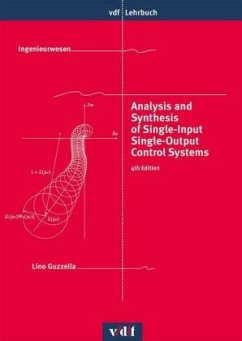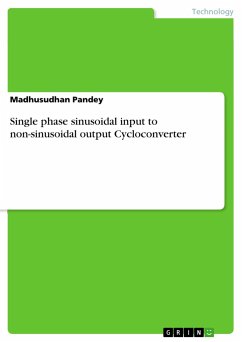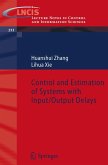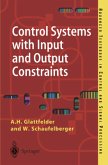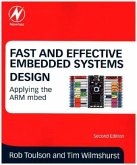This text supports a first course on feedback control systems in an engineering undergraduate program. Its primary objectives are to introduce the main ideas and to show the basic approaches for the design of simple yet practically relevant control systems.Readers planning to work through this text should have a clear understanding of elementary complex analysis, of matrix algebra and of calculus, including ordinary differential equations. Basic concepts of engineering physics are assumed to be known as well.The text is organized in a top-down way, along the following main points: systems modeling; analysis of open-loop systems in the time and frequency domain; analysis of closed-loop systems in the time and frequency domain; identification of unavoidable performance constraints; specification of the desired closed-loop system behavior; synthesis of feedback control systems; and implementation of control systems.This course introduces all relevant steps of a control system designprocedure. The price one must pay for such a breadth is the limitation of the discussion to relatively simple systems.This text is organized in 'lectures', which represent the amount of material that can be discussed in a typical two-hours class. Small exercises are included in the main text. The solutions to these 'quick checks' can be found in the appendix.
Bitte wählen Sie Ihr Anliegen aus.
Rechnungen
Retourenschein anfordern
Bestellstatus
Storno

